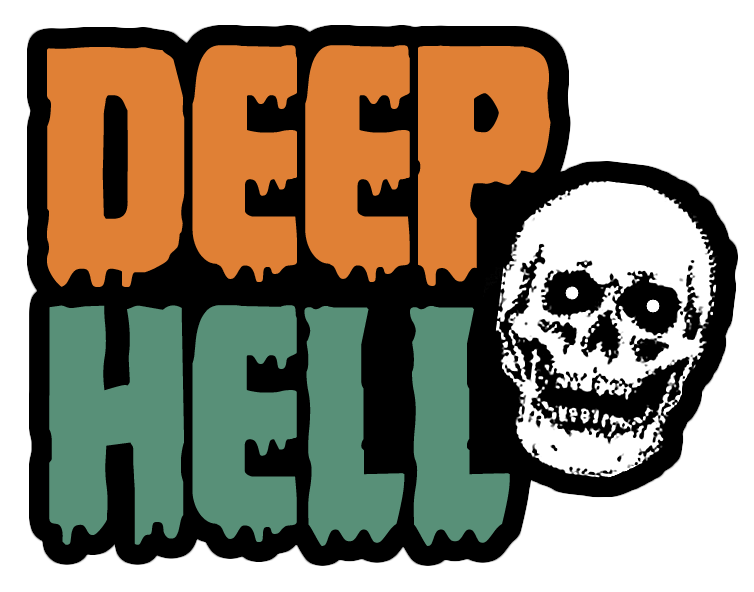Gamergate hit a few years ago. There’s that big moment where everyone came out to harass a single person. They dressed it up in as many buzzwords and ideas as they possibly could. the rivers of information were internally poisoned by “ethics in games journalism.” Meanwhile, people on YouTube exchanged handshakes for money and free shit. Nobody cared, because the actual goal was making sure nobody could ever talk about anything again.
We’re lucky we didn’t lose everyone. So many people dropped out of public view, not only due to online harassment, but the kind that often crossed into physical.
The story on most websites is one of recovery. We’re lucky we still have the person who most of the movement came out against. Other people – ones without access to a lot of support, aren’t so lucky.
The gaming journalism industry managed to somehow move on. Sure, we had to completely admit we were fucking losers and the harassers were right. We have to declare when we’ve breathed in the same room as a game developer at a party now. In the name of transparency, we have to throw sources under the bus and answer to PR chiefs when we step out of line.
We’re so lucky here – just a few years after Gamergate and we’re all mature enough to have our own #MeToo moment. Complete with journalists messaging women they don’t know and asking if they’d be willing to tell their stories. I won’t mention her name because good lord she doesn’t deserve to have to keep talking about this every week, but it also came with throwing sources under the bus in a different way.
AFTER Gamergate, the games journalism industry created a new and entirely made up code of standards. It’s a code long and deeply entrenched in make believe. Videogames may be escapism, but fuck me, the real escapism might be the Games Journalism crowd. Where we can all go and pretend the shit we learned off of google about interviews, and the baggage we brought from Corporate America, made for effective hierarchies of leadership and power.
That code of standards is great when a website needs to – I dunno, defend the fact that one of their older male authors posts entirely too many articles exclusively about taking photos of young women cosplayers. Also great when certain websites need to hide behind their decision to not include an abused woman in the conversation about how she’d be represented.
After all, that solidarity only really matters when the author of such articles gets critiqued by other people. How could you send a draft of something to the person most harmed by it? That’s not what real journalists do. It is after all, important to note – that we are all playing for the same team here. This is a joke. None of these people are our friends. Until somebody tells me otherwise, they all might as well live in the same fucking neighborhood for all I care.
Willing to go in with each other, to all throw in the towel at the same time. Solidarity to stand down in the face of oppression is still solidarity. Solidarity to back up your colleagues – ones that misquote victims and tell prospective sources they “aren’t what they’re looking for” because the stories they have aren’t sensational enough. Even if the people they’re supposed to be protecting and championing are being harmed, as long as everyone is getting along.
We’ve all made so much progress!
There are studies that say reading the internet when you wake up damages your brain. Smoothes it out, turns it into ooze maybe. Reading video game websites is probably twice as bad for you – here’s an open space for anyone to write another joke about Cosplay Corner. Here’s a Deep-Hell dot com theory: The way a website writes about and uses cosplayers is directly indicative of how it will sensationalize any community it tries to champion. Hows our standard of journalism doing if we still use reduce talented creators to skin to sell clicks?
Hey who needs pictures of skin to reduce communities and creators to it anyway? We can run an interview these days where we do the same thing. Say “we’re committed to covering independent creators” when there’s not enough press-releases from PR people to re write.
The other day I saw a PR guy on twitter saying the most important take away from this – for PR people, is to simply not work with journalists you don’t trust. I’d like to throw up in my mouth, but only so long as that person has to hear about it afterwards.
Maybe the mark worth hitting is that all of the websites that do reviews, take pictures of cosplay and do real journalism are just like us. Playing just as much dress up as the people at conventions – doing anything to get that blue check mark.
Where are we at since Gamergate? Where has our attempts to placate harassers led us? Most days it feels like everything is more entrenched in buying and selling ad-space. We don’t really want to do a gigantic video covering Dragon Quest XI but hey – someone’s gotta keep the lights on around here.
In an effort to keep the good talent around, to keep the brands, it’s been like games journalism is trying to pretend to be and please all of the wrong people. The sediment is starting to bubble up to the surface, poisoning every relationship the press has left all in the name of progress. There’s gotta be some kind of forward momentum after Gamergate. Like it’s nothing more than a moment on a calender, like it never ended lives and careers.
Doesn’t all this progress feel good?

